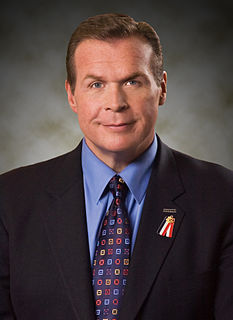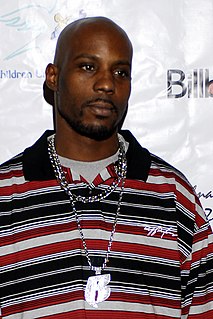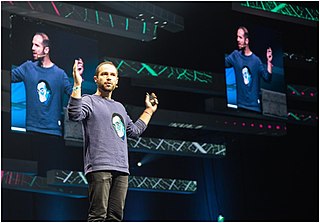A Quote by Ron Johnson
We all have the problem of what do you do with the not-guilty-yet in free and democratic societies where you have the presumption of innocence. It's a very difficult problem.
Related Quotes
You can only hear clearly when you sit quietly, when you give your attention. Nor can you have order if you are not free to watch, if you are not free to listen, if you are not free to be considerate. This problem of freedom and order is one of the most difficult and urgent problems in life. It is a very complex problem. It needs to be thought over much more than mathematics, geography, or history.
Free societies, which allow differences to speak and be heard, and live by intermarriage, commerce, and free migration, and democratic societies, which convert enemies into adversaries and reconcile differences without resort to violence, are societies in which the genocidal temptation is unlikely and even inconceivable.
Clipper took a relatively simple problem, encryption between two phones, and turned it into a much more complex problem, encryption between two phones but that can be decrypted by the government under certain conditions and, by making the problem that complicated, that made it very easy for subtle flaws to slip by unnoticed. I think it demonstrated that this problem is not just a tough public policy problem, but it's also a tough technical problem.

































